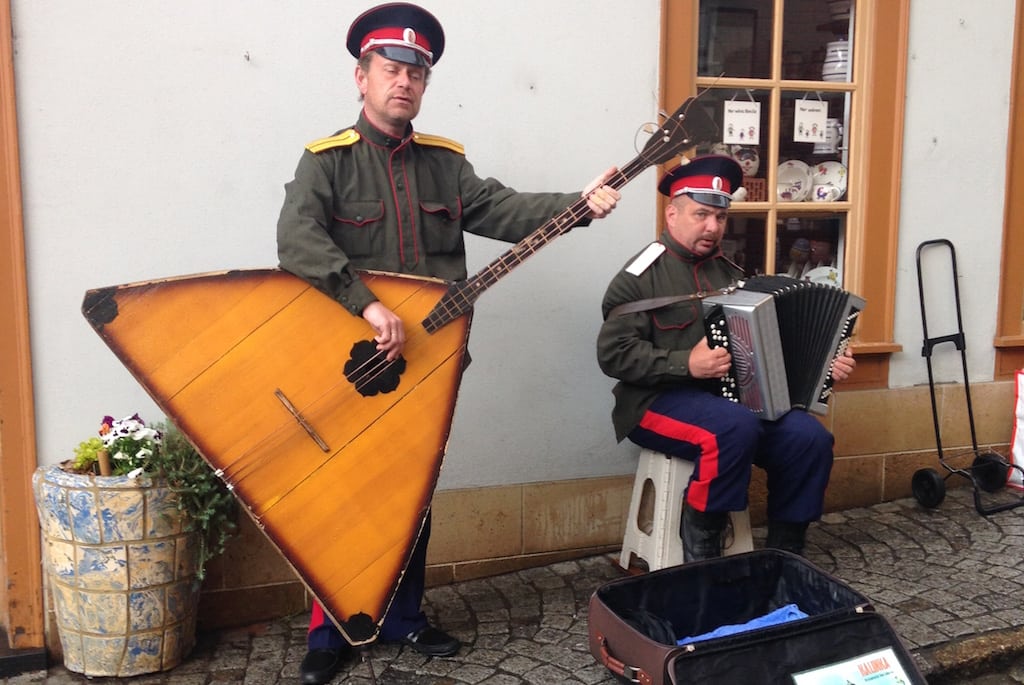Skift Take
It’s difficult to promote or welcome foreign tourists to a destination where there are few to zero resources for them available in their language. As visitation is spread outside of cities and city centers, it’s important for even the smallest of businesses to prepare for a range of languages.
As global tourism grows, many travelers are returning to their favorite destinations and seeking experiences outside the traditional tourism centers.
As a result, cities from Los Angeles to Berlin are raising awareness of their diverse neighborhoods and the cuisine and attractions available in each. Only a subway ride away from the Bradenburg Gates and Times Squares of the world, these neighborhoods are equipped to handle tourism with trained employees and ample products.
On the country level, however, the rise in repeat visitation results in an effort to get tourists out of cities all together and into lesser known regions that are often less equipped to accommodate the needs and expectations of foreign visitors.
One of the most common barriers to becoming ability to communicate in foreign language. In a case of the chicken and the egg, should small businesses invest in multi-language staff and marketing materials in anticipation of tourism or wait to take action until it’s proven that enough tourists will come to make the effort worth it?
Attracting International Tourists
One such region in this particular position is the state of Thuringia in Germany. Recently host to the German Travel Market, Thuringia is actively looking to attract foreign tourism.
“Tourism to the German region of Thuringia has doubled since 1989, however, these are mostly German tourists. I am convinced that this is going to change,” the prime minister for Thuringia said at the German Travel Market.
The region’s primary source of international visitation comes from the Netherlands, Austria, and Switzerland where many people also speak German. This means language is not an urgent issue at the moment, however, it could its perceived accessibility in the future.
For example, Thuringer Weingut Bad Sulza is the largest private winery in the region with 45 acres producing 200,000 liters of wine a year. The winery is owned by a family, however, the parents don’t speak English leaving their 16-year-old daughter to act as translator for foreign groups.
Although Thuringia Tourism has created online marketing information in English and invested in English-speaking tourism staff, other regions of Germany have yet to take this step.
Tourism Schleswig-Hostein recently launched a new campaign whose slogan is in German and does not translate into English. Its website and promotional materials are also in German.
“I have to admit there’s little being done to change this,” says Lars Christiansen, head of marketing at Tourism Schleswig-Hostein.
“We have to do our homework and translate basically everything we have in print and online to at least English. As the most northern state in Germany, we of course have to also take Scandinavian languages into focus because those are our key destinations.”
Linguistic Perspectives Abroad
Other European countries are facing similar challenges.
“As the national tourist board, we advise all local and city tourism offices to use English in their communications,” says Conrad van Tiggelen, director of marketing at NBTC Holland Marketing.
“In smaller villages, which are not yet visited frequently by international travelers, menus in restaurants are primarily in Dutch.”
Anne-Laure Tuncer, the U.S. director of the French tourism development agency Atout France believes that investing in multiple language marketing materials and staff is an important step to preparing for tourists.
“If the traveler arrives and can’t be understand, there will be frustration and it will hurt the destination’s image,” says Tuncer.
“It’s the same thing with a hotel. Don’t open it when it’s half built. Open it when it will have the best presentation to the guest. First prepare and then they’ll come.”
Atout France assists small villages and regions by coordinating their marketing efforts and representing the destinations at conferences and through social media.
The Daily Newsletter
Our daily coverage of the global travel industry. Written by editors and analysts from across Skift’s brands.
Have a confidential tip for Skift? Get in touch
Tags: france, germany, netherlands
Photo credit: Musicians play in the picturesque town of Erfurt, Germany. Samantha Shankman / Skift
